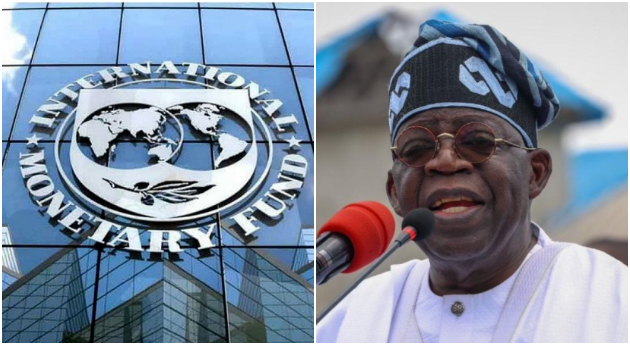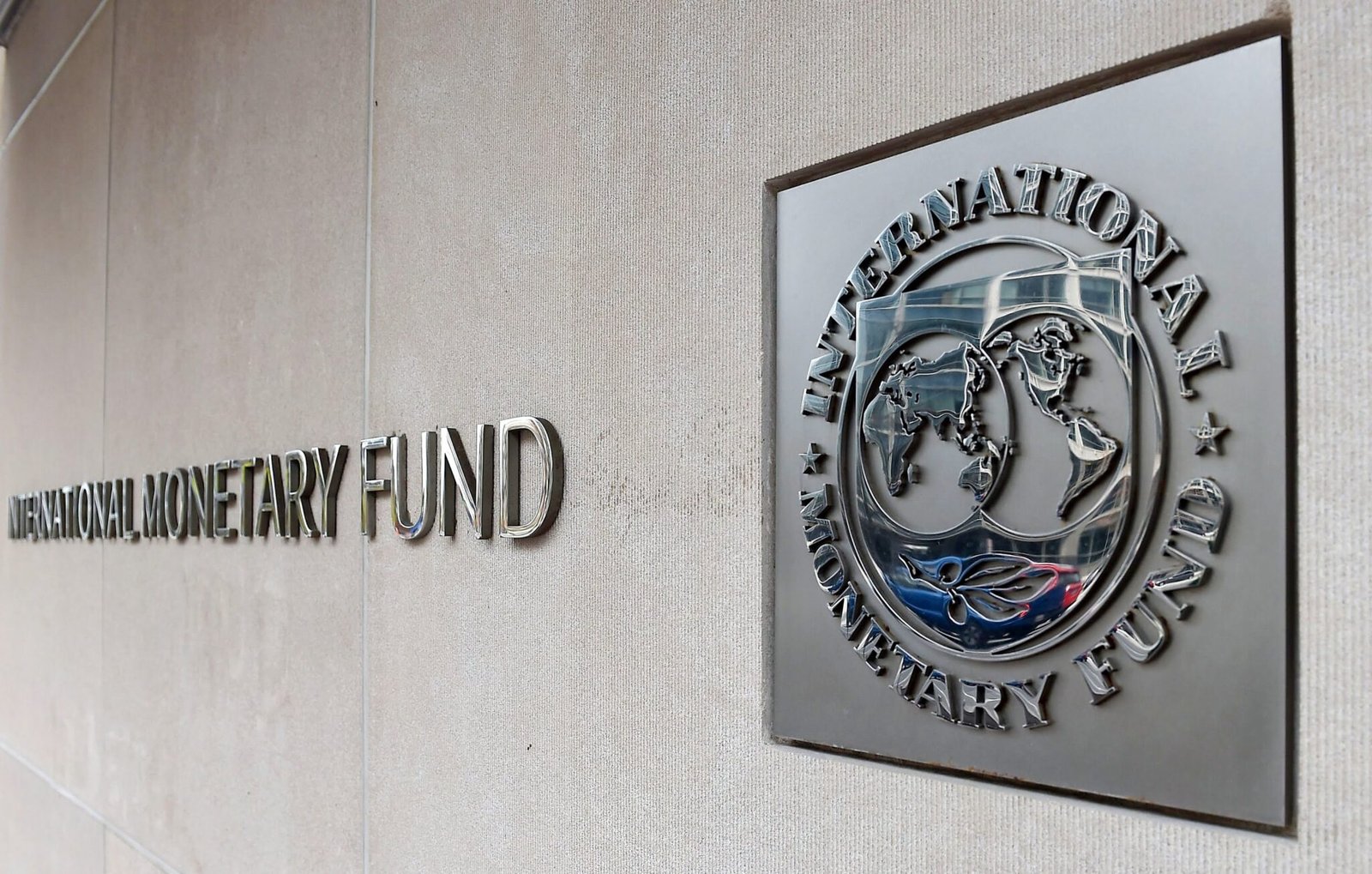The U.S. Defense Security Cooperation Agency (DSCA) has notified Congress of a potential Foreign Military Sale to Nigeria, valued at $346 million. The sale, approved by the U.S. State Department, includes munitions, precision bombs, precision rockets, and related equipment to enhance Nigeria’s defense capabilities.
The sale is expected to cover the following items:
-
1,002 MK-82 general-purpose 500-pound bombs
-
1,002 MXU-650 Air Foil Groups for Paveway II GBU-12
-
515 MXU-1006 Air Foil Groups for Paveway II GBU-58
-
1,517 MAU-169 or MAU-209 computer control groups for Paveway II GBU-12/GBU-58
-
1,002 FMU-152 joint programmable fuzes
-
5,000 Advanced Precision Kill Weapon System II (APKWS II) all-up-rounds, each including a WGU-59/B guidance section, high-explosive warhead, and MK66-4 rocket motor
The package also includes non-major defense equipment, such as:
Also Read:
- $618m Military Loan: Why is The Country Spending More on Military Hardware?
- U.S. Halts Military Aid to Ukraine After Trump-Zelenskyy Oval Office Clash
- UK’s Starmer to Boost Ukrainian War Effort with £3 Billion, EU Pledges More Military Support
- US Congress Members Seek to Stop a $1 Billion Weapons Deal with Nigeria
-
FMU-139 joint programmable fuzes
-
Bomb components and impulse cartridges
-
High-explosive and practice rockets
-
Integration support and test equipment
-
U.S. Government and contractor technical, engineering, and logistical support services
Potential Impact
The proposed sale aims to bolster Nigeria’s ability to counter current and future threats, including terrorist organizations and illicit trafficking in Nigeria and the Gulf of Guinea. According to the DSCA, the sale will support U.S. foreign policy and national security objectives by strengthening a strategic partner in Sub-Saharan Africa. Nigeria is expected to integrate these munitions into its armed forces without difficulty.
The principal contractors are RTX Missiles and Defense, Lockheed Martin Corporation, and BAE Systems. No offset agreements are currently proposed, and implementation will not require additional U.S. personnel in Nigeria.
























